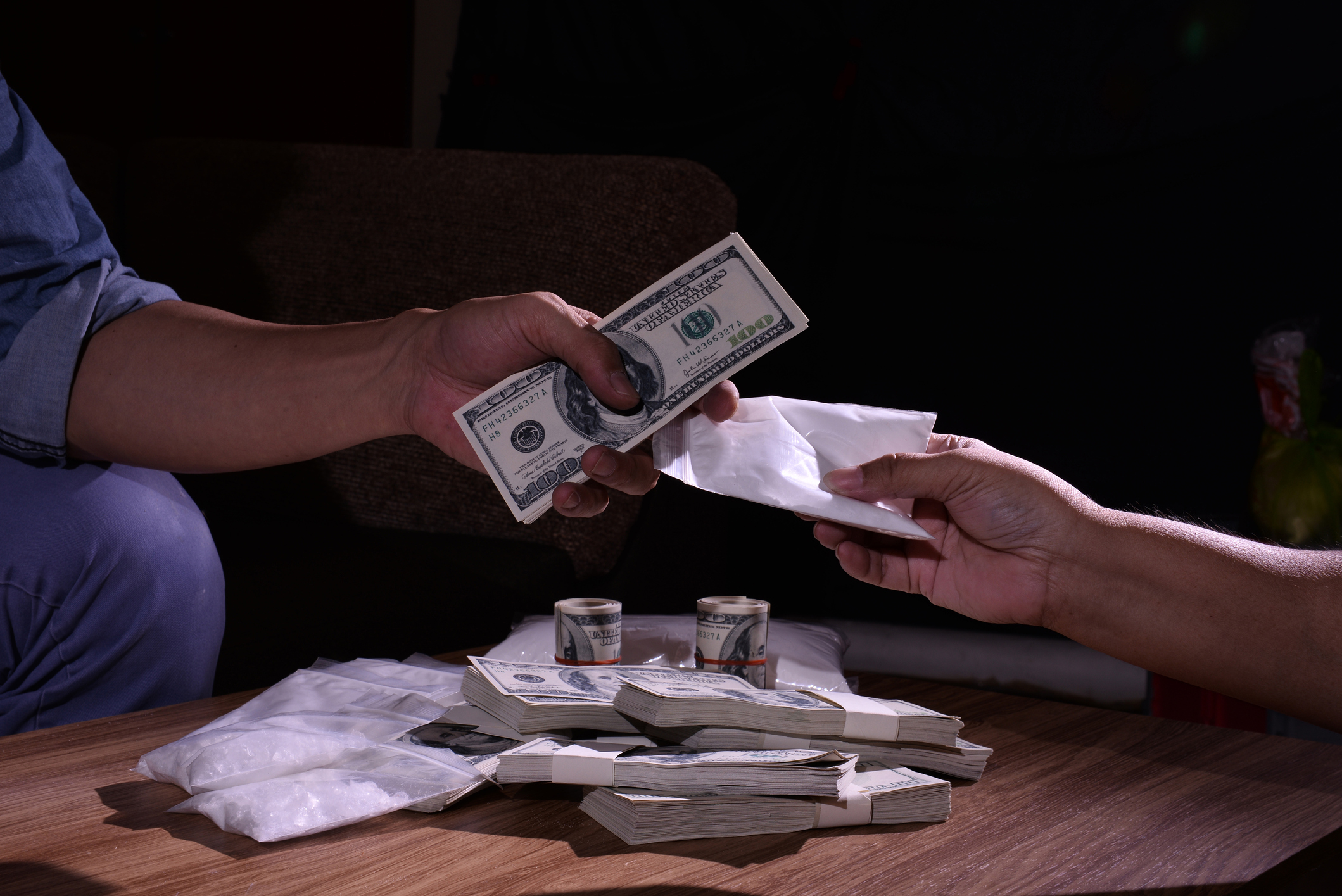Have You Been Arrested for a Drug Charge?
Drug charges can range widely in severity, and understanding the distinctions between each type of charge is key to protecting your rights. Unfortunately, the police use this lack of knowledge as a way to bully people and to try to control them through fear.
If you have been arrested and police keep using phrases like “possession” and “trafficking,” it can make you feel like you need to admit to a lesser charge to avoid more severe punishments. Casper Mehlos Law Group is here to educate you on these charges, your rights, and how we can help you.
Read more about the different types of drug charges and their associated punishments. If you need to speak with a criminal defense attorney immediately, call 608-820-8926 to schedule an obligation-free consultation.
What is Drug Possession?
Drug possession is the crime of having illegal drugs on your person or within your control, like your car or home. Possession charges can range from minor misdemeanor charges up to a felony, depending on the type of drug or prior convictions.
Punishments can include fines up to $5,000 and up to 3.5 years in prison.
Common scenario: You were caught with a small baggie in your pocket or glovebox, even if you say the drugs aren’t yours.
What is Drug Trafficking?
Drug trafficking is the act of selling, delivering, or possessing drugs with the intent to distribute. Just having a large amount of drugs can trigger trafficking charges. In Wisconsin, drug trafficking is always a felony. Trafficking harder drugs, like cocaine, meth, or fentanyl carry severe prison sentences. Cops may say something like, “With this much and a scale, you’re looking at distribution charges.”
Depending on the quantity and type of drug, punishments can include up to 40 years in prison and fines reaching $100,000.
Common scenario: Cops find multiple baggies, a digital scale, large amounts of cash, or a substantial amount of drugs.
What is Drug Conspiracy?
Drug conspiracy is the act of agreeing with, or working with one or more people to commit a drug-related crime. Conspiracy charges do not require drugs to even change hands. These charges can carry penalties as severe as the intended crime; for example, conspiracy to traffic drugs would be penalized the same as trafficking itself. An officer may imply that they have proof you were working with someone else, and may even insist the other person is already working with the cops and has given them your name.
This can result in decades in prison, especially if a federal court determines the conspiracy crosses state lines or involves large amounts of drugs.
Common scenarios: One person flips and claims you were involved in planning to commit a drug crime. This is often done in an attempt to reduce their charges.
Why Does This Distinction Matter?
Understanding your charges is the first step towards building your legal strategy and determining their severity. Your punishments can range from a month in the county jail to possibly spending the rest of your life in prison.
It Changes Your Legal Strategies
Building a defense that works for possession will likely fall flat in a trafficking case where the focus is on proving you didn’t have an intent to sell. In conspiracy cases, your attorney may challenge whether or not there was ever a real agreement or if you were even aware of the plan. Each charge demands a different approach.
Sentencing Varies Wildly
The punishment for these different charges varies so widely that it immediately becomes obvious that if guilty, you want to be guilty of possession, not trafficking or conspiracy. Judges will examine your criminal history, the type and amount of drugs, and aggravating factors like whether or not the crime involved a minor.
Life-Long Consequences
The punishments from a drug conviction don’t end at sentencing. Even a minor drug charge can derail your career, cost you your job, or make it almost impossible to find an apartment that will rent to you. Unfortunately, even if you are found innocent of your charge, the court of public opinion may have already made up their mind about you.
What Should You Do During a Drug Stop?
Listen, the best thing you can do when dealing with cops is to invoke your right to remain silent. There may be certain situations where you are legally required to give them your full name, provide a driver’s license, or provide identifying documentation for your car. Other than that, you should always remain silent.
If the cops try to get you to admit to possession because they could “just charge you for trafficking, instead,” stay quiet.
If they tell you that your buddy has already flipped on you and is spilling his guts about your plan to sell drugs, stay quiet.
When they attempt to interrogate them, say these exact words:
“I am invoking my right to remain silent. I want to speak to my lawyer.” Then remain quiet.
Do You Need a Criminal Defense Attorney?
Public defenders often have large case loads and aren’t paid enough to care about each client’s case. This is your life, we are talking about. These charges will likely affect you for the rest of your life.
After you have invoked your right to remain silent, call 608-820-8926 to speak with a Casper Mehlos Law Group criminal defense attorney. We offer an obligation-free consultation, and we will be able to tell you what charges you are actually facing and the best way to walk away from this with minimal punishment.

 (608) 820-8926
(608) 820-8926 Call Us Now
Call Us Now Email Us Now
Email Us Now
